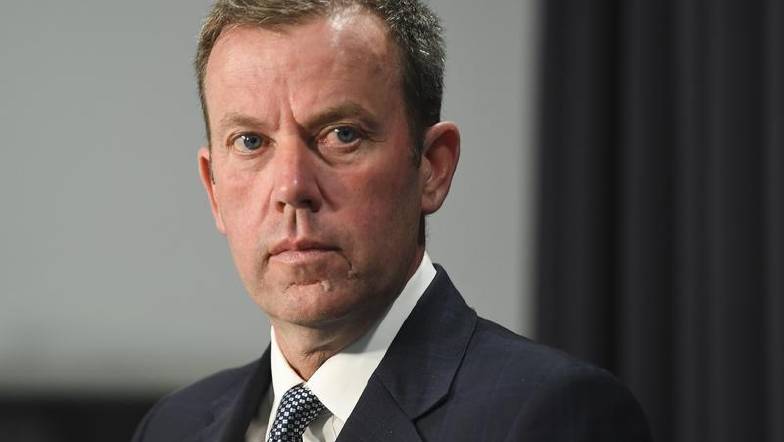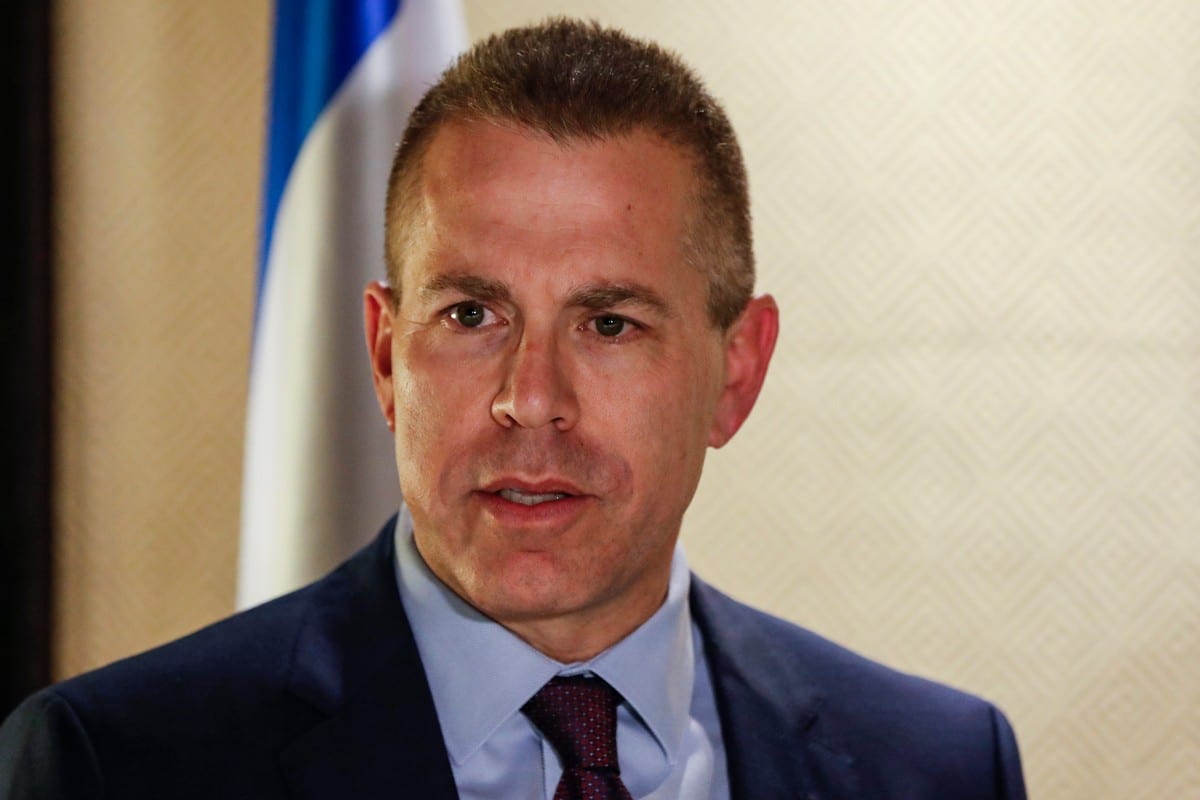Tekrit Michael lets out a sigh as he speaks, “It could be me next,” he says his words heavy, filled with a mix of anger but also a very palpable worry. “If it was not Habtom it was me, it is just a matter of skin color. I feel I am not safe in Israel, not safe at all.”
Michael, an Eritrean asylum seeker, speaks with sadness when mentioning the name of Habtom Zarhum, a fellow countryman and asylum seeker who was shot eight times and then lynched by a mob at Be’er Sheva bus station on October 19th after being mistaken for a Palestinian.
“He was shot, on the ground, and then they started crushing his head. It is just a matter of skin colour,” he repeats again, “It’s not a matter of anything else.”
The brutal killing of Zarhum has sowed seeds of fear in the asylum seeker and refugee community. With the recent escalation in violence in Israel and the occupied Palestinian territories – being hyped by some as a third intifada – individuals like Michael now fear, more than ever, that they will become the target of an increasingly angry and militarized Israeli society.
“The soldiers are trigger happy now, most of them are nervous, it is a worry for me. If something happened, if I was in the wrong place at the wrong time, and a soldier or Israeli feels insecure, the first thing they will do is shoot me. If they are frightened of something they can just shoot me. I know this, just because of the colour of my skin.”
Michael talks at length about the incitement and discrimination against the asylum seeker and refugee community in Israel. The description of the community by politicians as a ‘cancer’ in society, along with the use of the word ‘infiltrator’ – commonly used by politicians and in Israeli media to describe non-Jews in the country – appears to hurt him deeply.
Such deep seated rhetoric, incitement, and racism, along with the current trigger happy nature and militarization of Israeli society has, for Michael, put anyone who is not white at danger of being a potential target – Eritrean, Ethiopian, Palestinian, Sudanese.
“And now I am doing things differently, I am not just taking care when walking during the night, but also during the daytime too. I try to avoid security guards, soldiers at the bus stations.”
Michael now worries that the current escalation in violence will be a catalyst for further incitement and violence against the asylum seeker and refugee community.
“I can see attacks increasing on our community, like what happened to Habtom. It’s like a catalyst, you go to the bus station now, and if Israelis feel insecure they can do whatever they want, this makes it more dangerous for us than before. I could just be reaching for my phone and someone could think it’s a knife. Because of the colour of my skin, I will be shot, no questions asked.”
Walking around Tel Aviv’s Levinsky Park, an area that Michael frequents daily, and which has become a de-facto meeting place for the city’s asylum seeker and refugee community, his thoughts are echoed by many others. Staying in groups, and not making yourself a potential easy target by walking alone has now become a common precaution. While trying to keep a low profile in busy city areas such as bus stations, and avoiding walking close to soldiers and police, has become a matter of safety.

The words Je Suis Habtom Zarhum are scrawled on a wall near Tel Aviv’s bus station in homage to the murdered Eritrean asylum seeker. (Photo: Matthew Vickery)
Along the roads and alleys that flank the park, Je suis Habtom Zarhum is scrawled on one of the alleys running off the main road. There is a real feeling amongst the refugee and asylum seeker community here that Zarhum could have been any of them.
“The issue of safety is a difficult one for the community,” Adi Drori-Avraham, Advocacy Coordinator at Aid Organization for Refugees and Asylum Seekers in Israel, tells Mondoweiss. “A lot of them didn’t feel safe immediately after the murder and thought they could be at danger on the streets. But really xenophobia is a big problem in Israel, and has been for years. Sometimes it can be mild, very small things, sometimes it’s extreme violence.”

Adam Ahmad makes notes in his book, The Nightmare of the Exile, a book where he documents the racism he has experienced in Israel as a Sudanese refugee. (Photo: Matthew Vickery)
Adam Ahmad, a Sudanese refugee knows all too well the xenophobia and racism problem in Israel – he’s experienced racism daily for years since seeking refugee in Israel a decade ago.
Sitting in a coffee shop beside Levinsky Park, Ahmad lets out a huge grin as he takes out his self-published book, The Nightmare of the Exile, which documents his life in Darfur, Sudan, through to his life as a refugee in Israel. Flicking through the book at a speed that allows only one or two words to be caught per page, Ahmad suddenly stops thumbing the pages, “Here, look what I write here,” he says,, “I write, ‘I don’t feel safe on the streets here in Israel.’ I feel this still, maybe more than ever now.”
Ahmad left Sudan a decade ago fleeing Janjaweed violence, a militia comprised of ethnic Arab tribes with Sudanese government backing that has attempted to systematically ethnically cleanse parts of Sudan of its Sudanese-African population. With the Sudanese government’s sour relations with the state of Israel, Ahmad thought he would find safe haven in the country. He was wrong. Ahmad has faced daily racism and discrimination for years. He has never felt truly safe he says, however within the last few months that feeling has increased.
“Now, from 11 at night, if I’m somewhere, it doesn’t matter where, I just won’t move from there, I wont leave. I’m not going to go out on the street at all.”
Ahmad believes as an African Sudanese man he won’t be mistaken as a Palestinian, and so doesn’t fear revenge attacks by Israelis, however he feels that the current atmosphere in Israel is one that encourages incitement against all non-white individuals, and that the recent escalation in violence is only stoking that atmosphere further.
“After the attack on the Eritrean, it is even more in my mind now to be careful, I don’t think that attack will be the last one. It may not be in the same way, it may be in another way. You know it could be anyone they [Israeli society] decide to take their anger out on.”
Source Article from http://mondoweiss.net/2016/01/african-israeli-society
Related posts:
Views: 0
 RSS Feed
RSS Feed

















 January 16th, 2016
January 16th, 2016  Awake Goy
Awake Goy 


 Posted in
Posted in  Tags:
Tags: 
















